Filter staff:
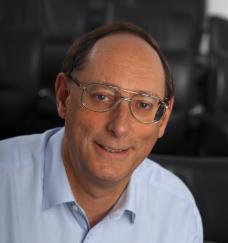
Professor Paul Luzio
Honorary Fellow

Professor Paul Luzio
Honorary Fellow
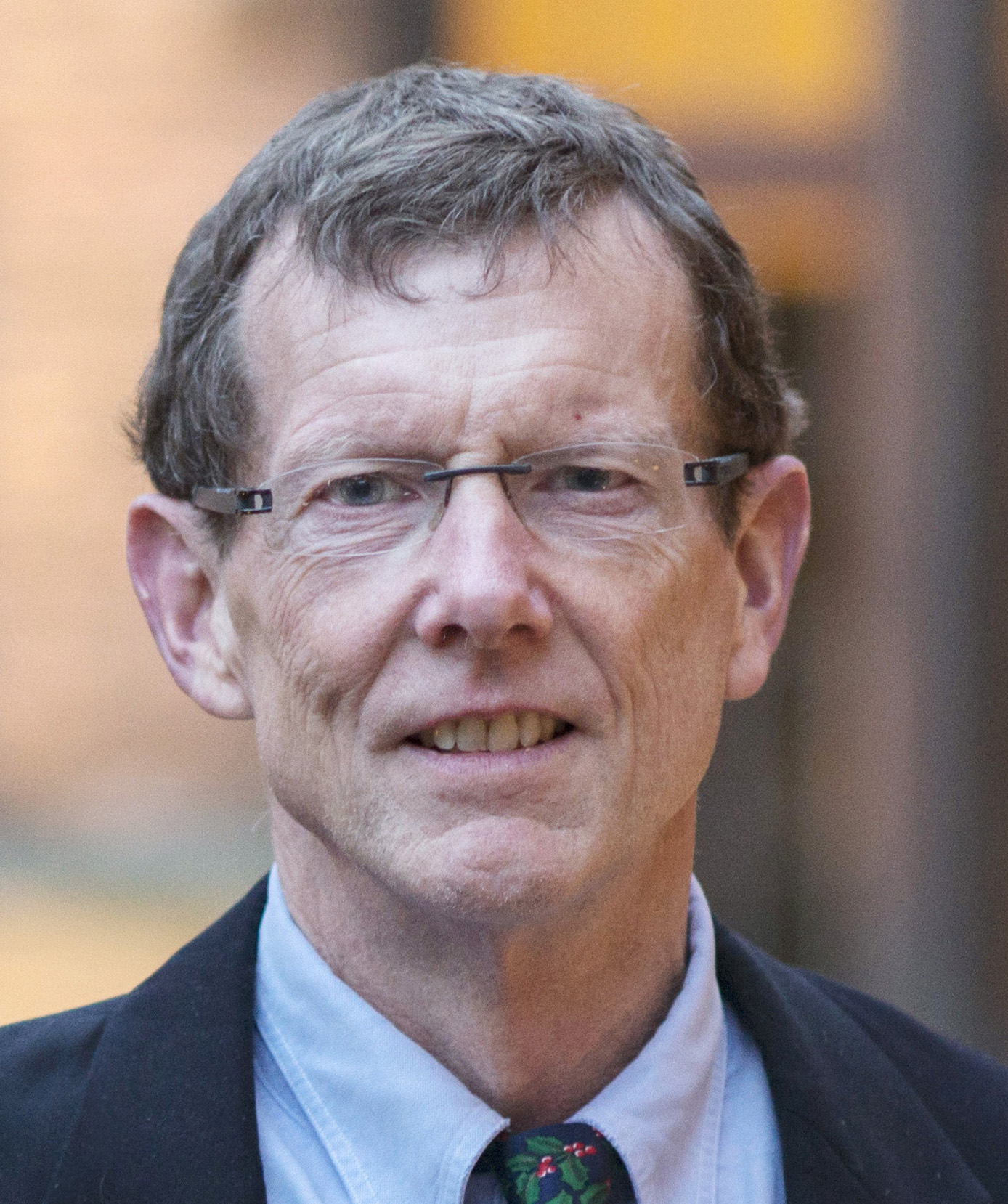
Professor Paul Weithman
Senior Research Associate

Professor Paul Weithman
Senior Research Associate
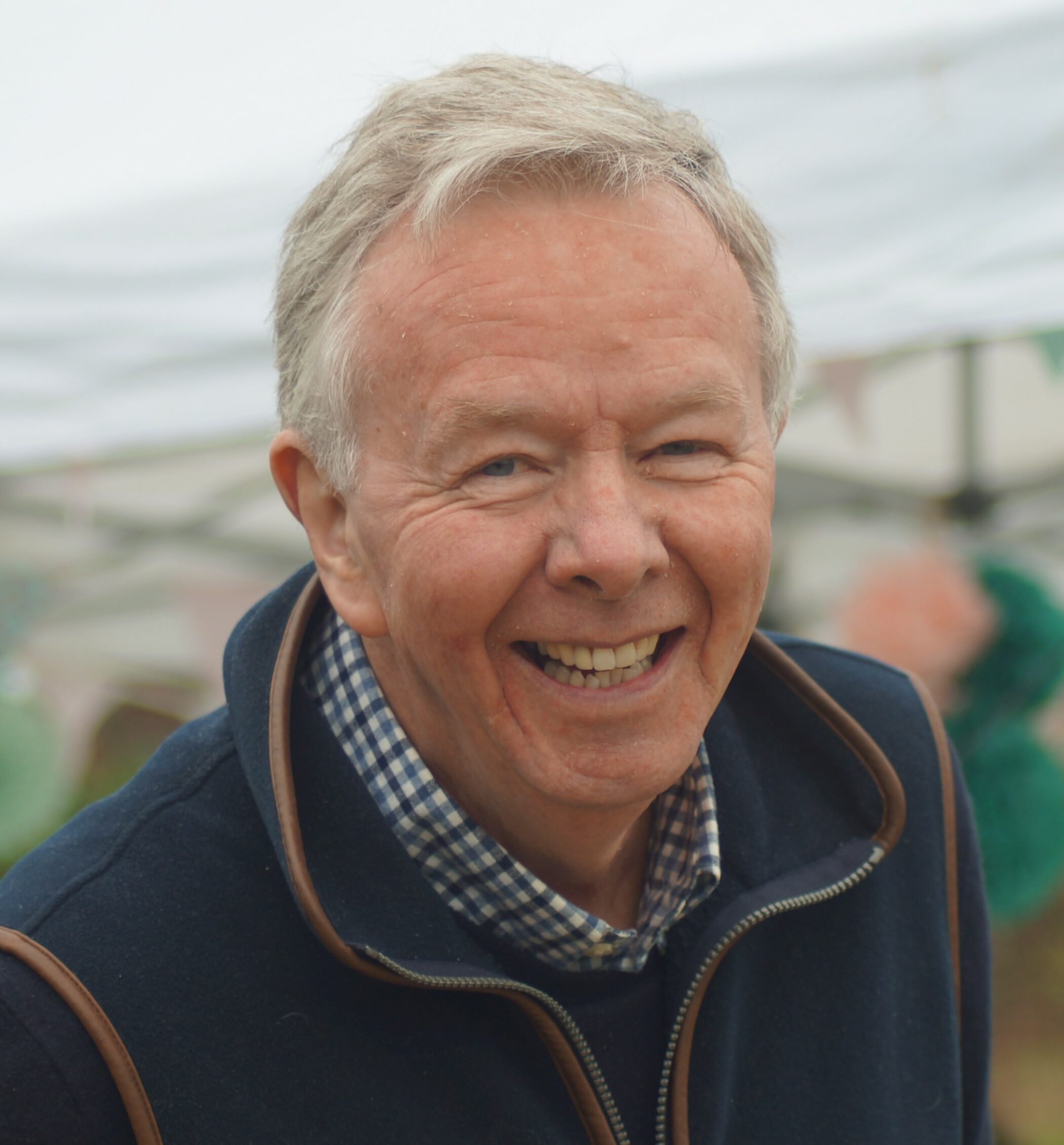
Professor Peter Guthrie OBE
Emeritus Fellow

Professor Peter Guthrie OBE
Emeritus Fellow
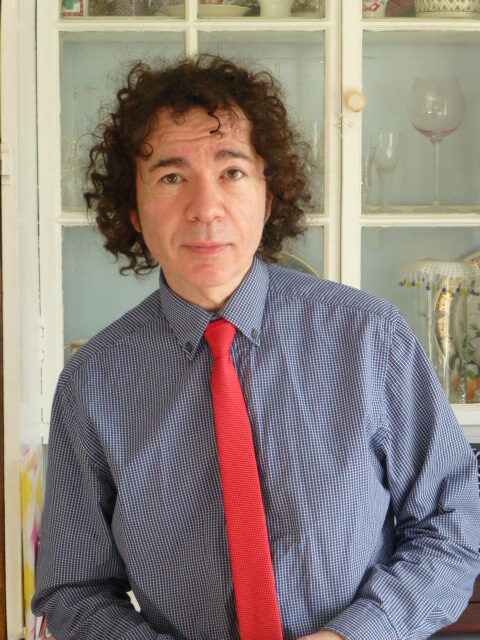
Professor Peter J O’Donnell
Tutor, Fellow

Professor Peter J O’Donnell
Tutor, Fellow
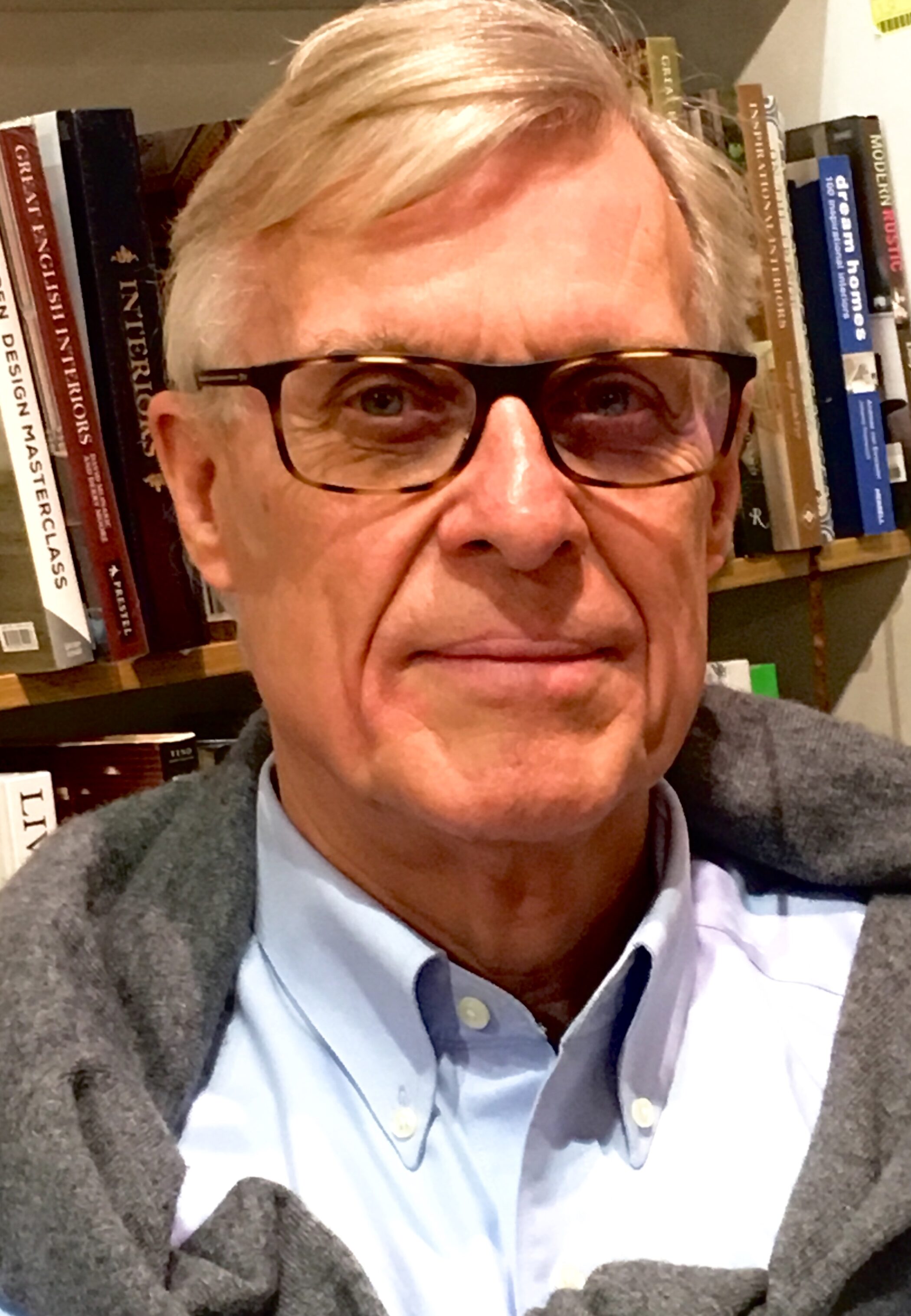
Professor Philip Sheldrake
Senior Research Associate

Professor Philip Sheldrake
Senior Research Associate
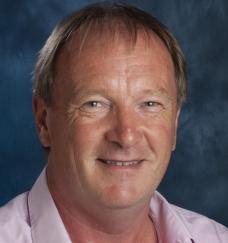
Professor Richard B. Horne FRS
Honorary Fellow

Professor Richard B. Horne FRS
Honorary Fellow
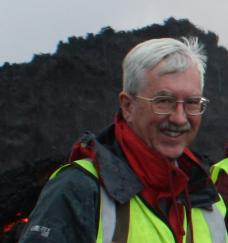
Professor Robert (Bob) White, FRS
Emeritus Fellow

Professor Robert (Bob) White, FRS
Emeritus Fellow
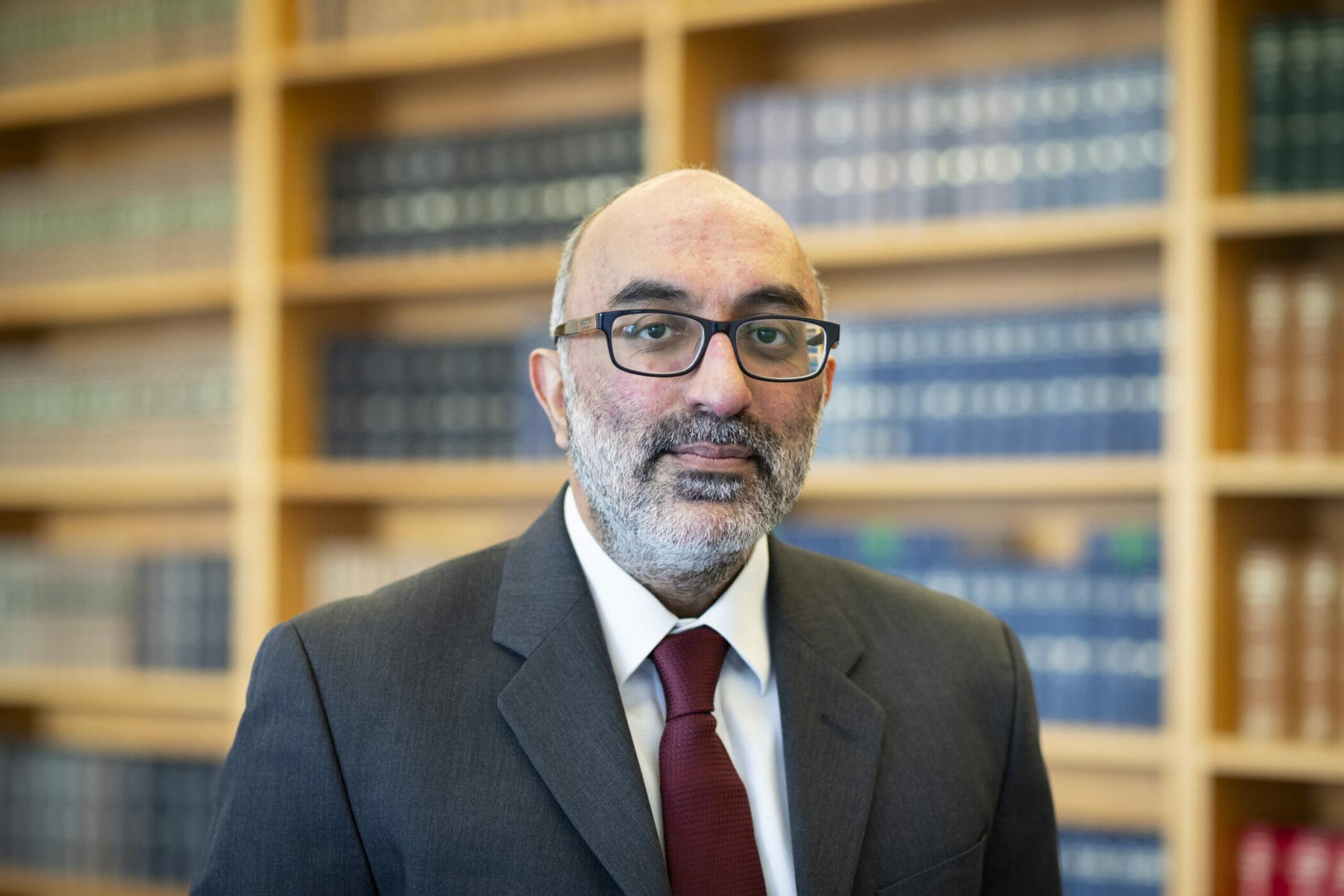
Professor Sandesh Sivakumaran
Fellow

Professor Sandesh Sivakumaran
Fellow
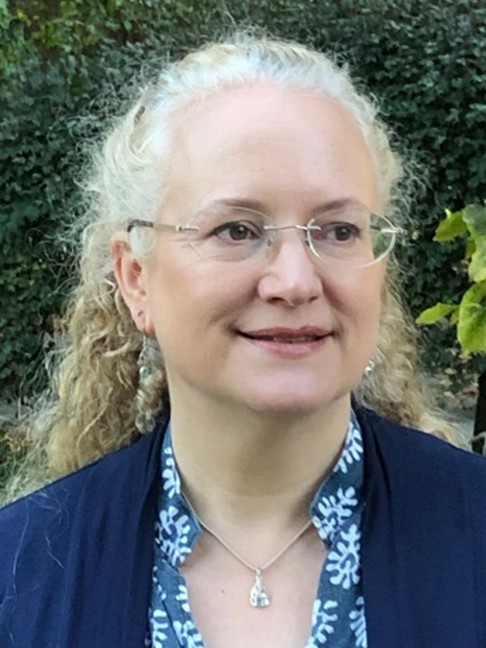
Professor Sarah Perrett OBE
Fellow Commoner

Professor Sarah Perrett OBE
Fellow Commoner
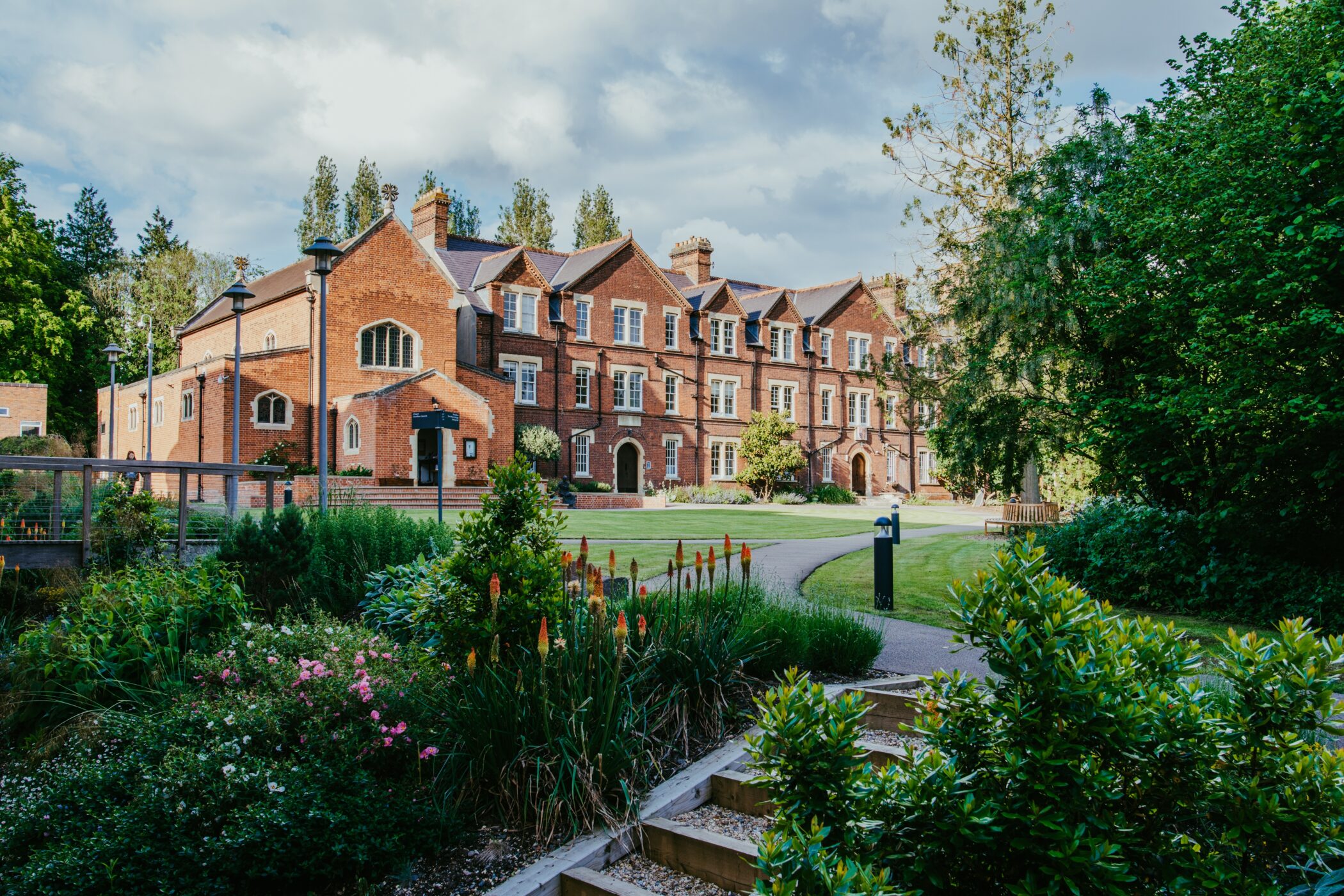
Professor Seamus Higson
Director of Studies

Professor Seamus Higson
Director of Studies
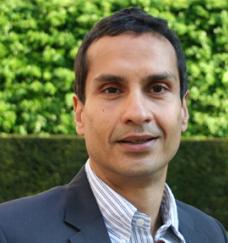
Professor Shahzad Ansari
Fellow

Professor Shahzad Ansari
Fellow
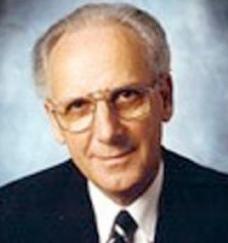
Professor Sir Brian Heap CBE FRS
Honorary Fellow

Professor Sir Brian Heap CBE FRS
Honorary Fellow

